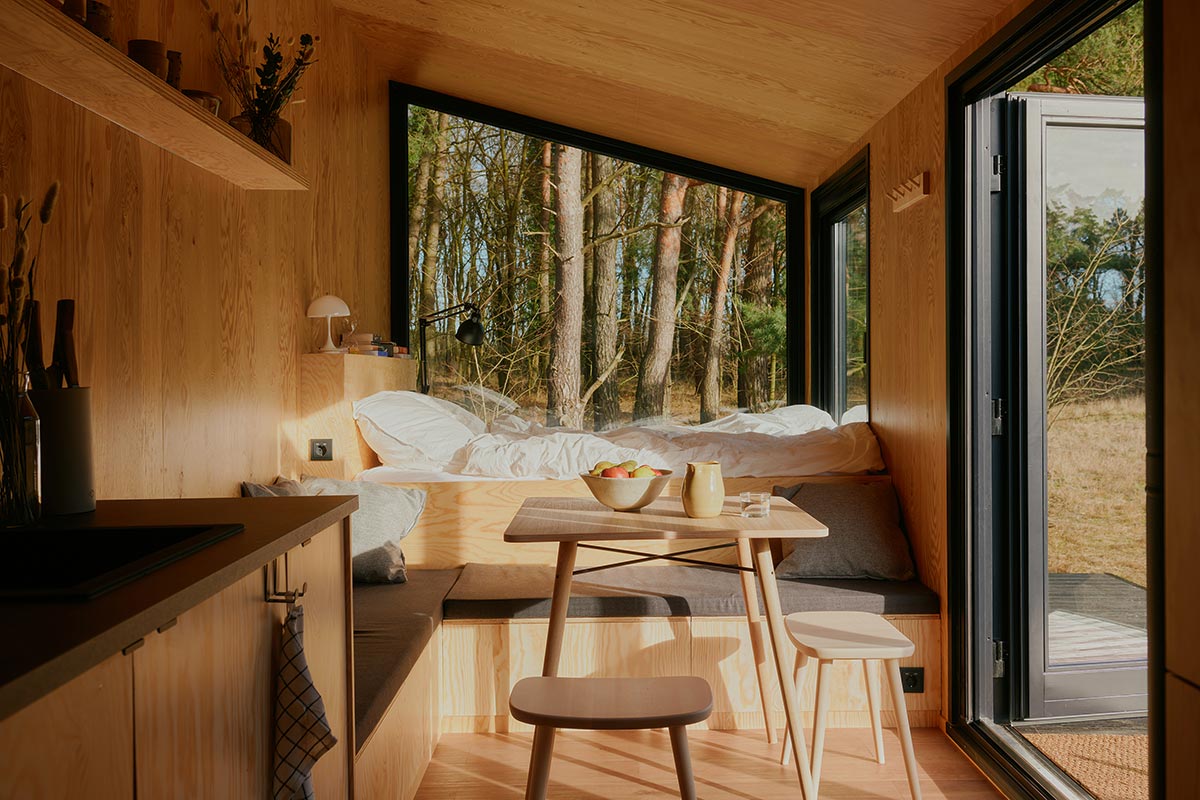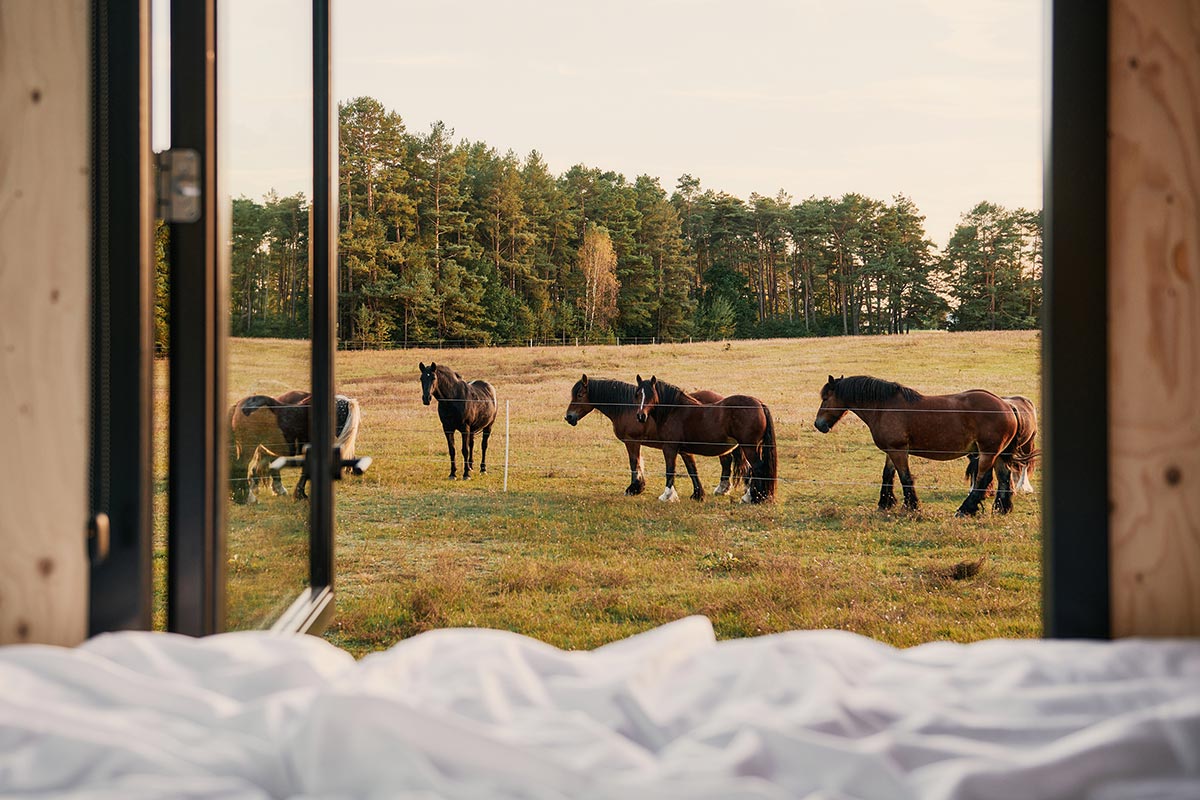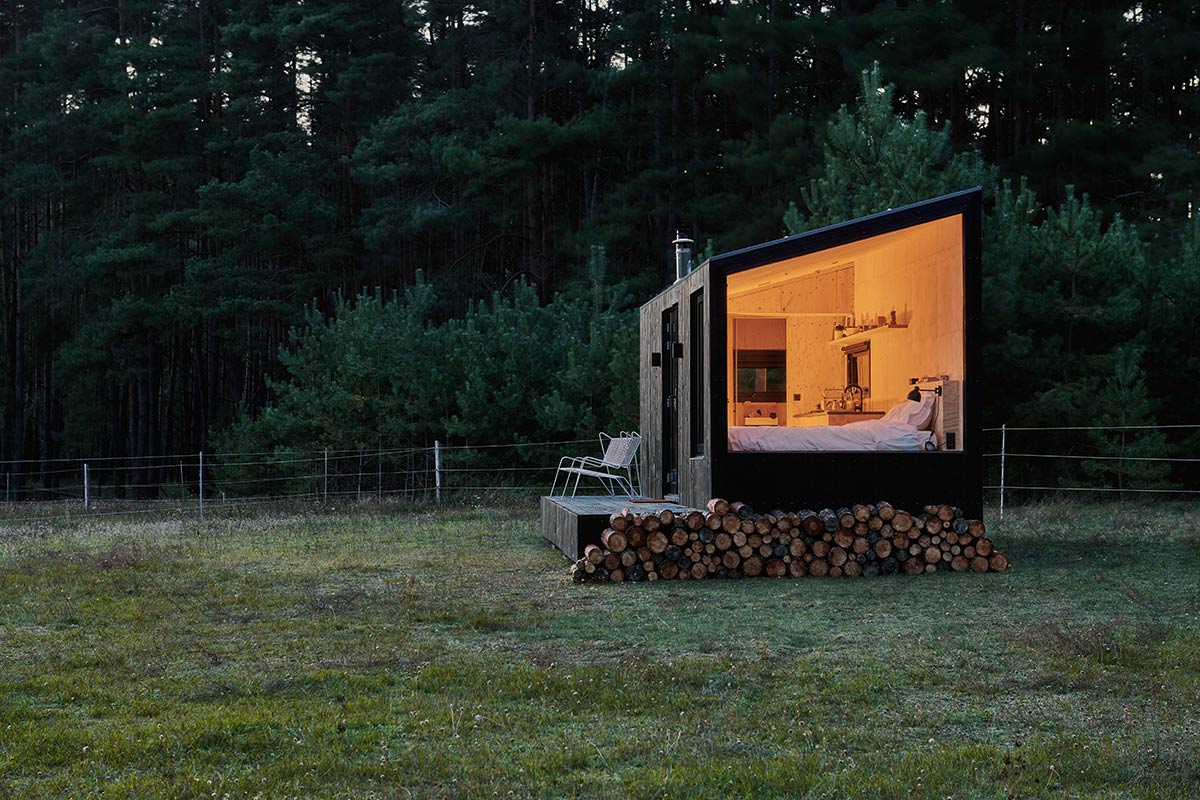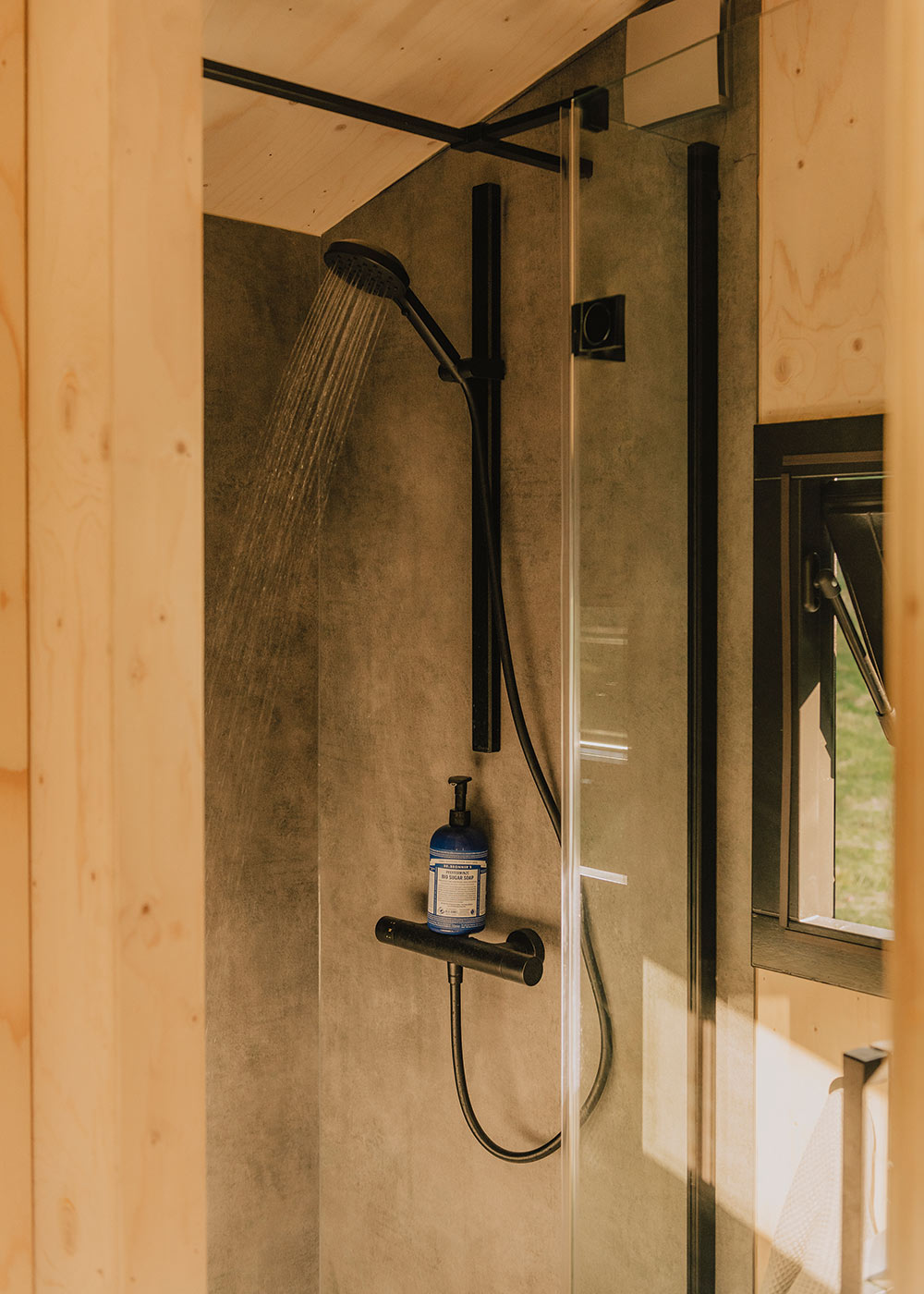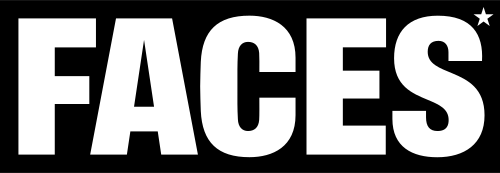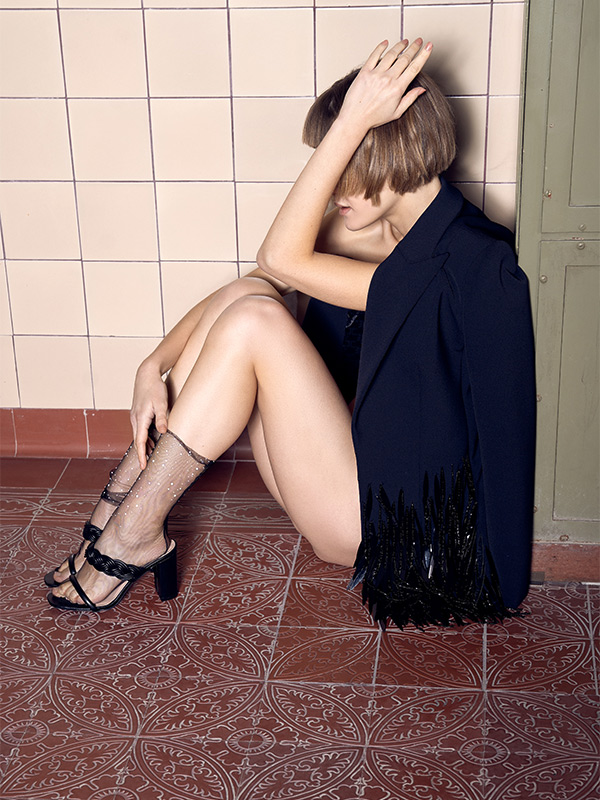Bye bye, bye and ciao – we’re off then. In the cabins of the Berlin start-up Raus. An hour or two away from the German capital, we find ourselves in stylish tiny houses whose interiors are more reminiscent of a boutique hotel than a simple forest hut. We have three school friends, Julian Trautwein, Christopher Eilers and Johann Ahlers, to thank for the recreation in the middle of nature, where even busy city dwellers can simply take a break.
Interview: Marina Warth – Photos: Raus
FACES: How did you get into the hotel industry?
Julian Trautwein: I got involved in the travel and accommodation industry through Airbnb. hospitality industry. That was eight years ago, when the company moved to Germany or Europe came. Most recently, I was Global Head of Communications & Brand at Tourlane, so I have a digital background when it comes to the hospitality industry.
F: How would you describe your hotel in one sentence?
JT: Raus is a hospitality tech start-up that offers city dwellers the opportunity to take a spontaneous and uncomplicated break in the middle of nature with contemporary, sustainable cabins.
F: From the idea to the concept to the completed hotel: How long did it take you to get there?
JT: We three founders, Christopher, Johann and I, have been friends for many years and have known each other since our school days. So everything went relatively quickly. As soon as we had the idea, we actually started to get the first cabin off the ground. I think it all happened within six months: the foundation, the first round of financing and the launch last October.
F: Why should we definitely stay with you?
JT: For us, it’s about shifting your undivided energy, attention and time to untouched places – physically and mentally. Nowhere else can you get away from it all and find yourself as well as in nature. Especially when you have everything you need on site and nothing you don’t need.
F: What do hoteliers need to think about that others don’t?
JT: In our case, the complete guest experience goes beyond a stay. Our cabins are located in remote places, which we only communicate to the guest shortly before the start of the trip. Some locations are self-sufficient, while others are connected to the electricity and water networks. In the background, this means many complex structures for us when it comes to building, equipping, maintaining and operating the cabins – which all have different requirements – and offering guests a unique experience.
F: What are you worrying too much about?
JT: Generally speaking, I have few worries. But what really keeps me busy is finding innovative, creative ideas and approaches on how we can make the “Raus experience” even better for our guests. My aim is to really think outside the box, to think further and, above all, outside the box.
F: What are you like as a boss?
JT: Grateful for a great team and humbled to be able to do what we do at all. But I think I am also very demanding in the way I drive our vision and our business forward. But that’s also because so many of the things we do are a lot of fun and we naturally want to keep building on them.
F: What qualities does a good host need?
JT: Cordiality, knowledge of human nature and empathy.
F: What do you like most about guests?
JT: As we only launched Raus in October 2021, we are still very curious to see how guests experience their stay. That’s why the whole team is always very happy to welcome guests who join us for a chat. For example, every guest receives a personal message after check-in, nothing that is automatically generated. When we hear that the first walk has already been taken or that others are sitting comfortably in front of the fireplace, we are always happy. We also greatly appreciate sincere feedback. We are happy when people share their impressions with us and put forward ideas. We often receive photos or feedback on our newsletters, which often creates a real sense of community, which is great and helps us move forward.
F: What do you dislike in guests?
JT: It’s not so much the guest as such, but the feeling I get when a complaint comes in. Fortunately, this has rarely happened so far, but I ask myself at first, before we deal with the criticism constructively: Have we not communicated something correctly? Should we have been prepared differently? So in that sense, I can’t stand not having foreseen things or that some situations are simply uncontrollable.
F: What are your standards for your hotel, and how have your guests’ expectations changed in recent years?
JT: We always think from the guest’s perspective and ask ourselves how we can offer people a magical stay. My standards are incredibly high, we want to surprise people and offer them an experience that exceeds their expectations. We already know many of them by name; our very first guests, for example, received a handwritten Christmas card. There has been a fundamental change in the tourism industry to the effect that people want to travel sustainably and expect their accommodation to meet these requirements.
FAs a hotelier and host, you experience an exciting everyday life. What story do you have to tell us?
JT : In our cabins, many guests do things for the very first time or encounter things that were previously unfamiliar, such as living in a few square meters, having a sustainable, modern dry toilet in the bathroom or lighting a fire. This results in many nice or funny situations, and I can tell you one thing: We are now professionals when it comes to instructing guests on how to make a fire.
“You have everything you need on site and nothing you don’t need.”
F: What do you think of Airbnb?
JT: It was an extremely exciting time to work there, and to this day I admire many of Brian, Nate and Joe’s creative approaches and methods. Airbnb has definitely had a huge impact on how we travel today, what we expect from accommodation and how hospitality can be revolutionized.
F: What do you look out for when you stay out yourself?
JT: The best hosts surprise guests with something unexpected – even if it’s just a little something, but these moments make a stay unforgettable. In addition to good service and courteous staff, I also pay a lot of attention to the bed: I always hope that the mattress is not too soft and that the blanket is comfortable.
F: What is the best hotel in the world that you have stayed in?
JT : I’ve been lucky enough to stay in many exceptional accommodations around the world during my time with Airbnb. That’s why I know that a unique location and view are significant when it comes to how you remember a vacation. Among the hotels that I find particularly great are the Pensão Agrícola in Portugal, the Lazy Beach on Koh Rong Samloem in Cambodia and the La Granja on Ibiza.
F: Which hotel would you like to own yourself?
JT: The Reschio in Tuscany looks incredible.
F: Where is your own bed?
JT : To be honest, since there are three of us, I’m not entirely sure whether I can even call it my “own” bed, as my little son often sleeps in it with us.
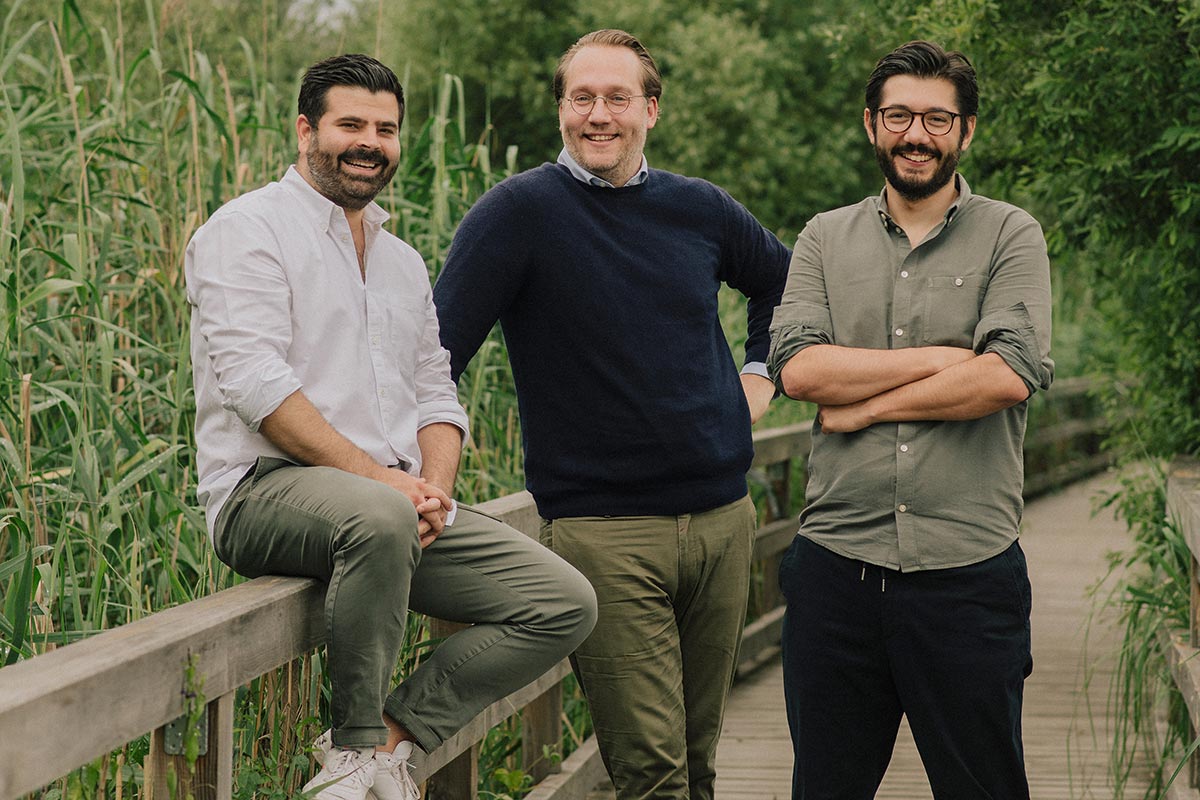
What Julian Trautwein says about…
Cruise ships…
From another time. When will this finally be disrupted?
Dress codes…
Each to his own.
All inclusive…
Since having a son myself, it has taken on a WHOLE different meaning for me.
Tip…
Lush please!
Dogs in the restaurant & hotel…
Always Welcome.
Children in the restaurant & hotel…
Definitely make the place livelier and put a smile on most people’s faces, whether they are staff or guests.
Animators…
In principle, everyone in the hospitality industry has the same goal: to give people a great time – regardless of whether they are an entertainer, chef or receptionist.
Buffet meal…
Depends on who did the cooking.
TripAdvisor…
So far, it has mostly only taken me to the most boring stores.
Online Travel Agents…
Still set the tone far too often. So far, we are not dependent on them. Sharing Economy… Is here to stay.
Sustainability…
Without the world, we are all nothing.
Influencers…
We treat them with the same dedication as any other guest.
Skills shortage…
I think something has to change fundamentally when it comes to how we evaluate certain industries, occupational groups and tasks. appreciate.
Stars…
Nobody needs it.
For me, the best hotels are not characterized by standardization, but by
Uniqueness.
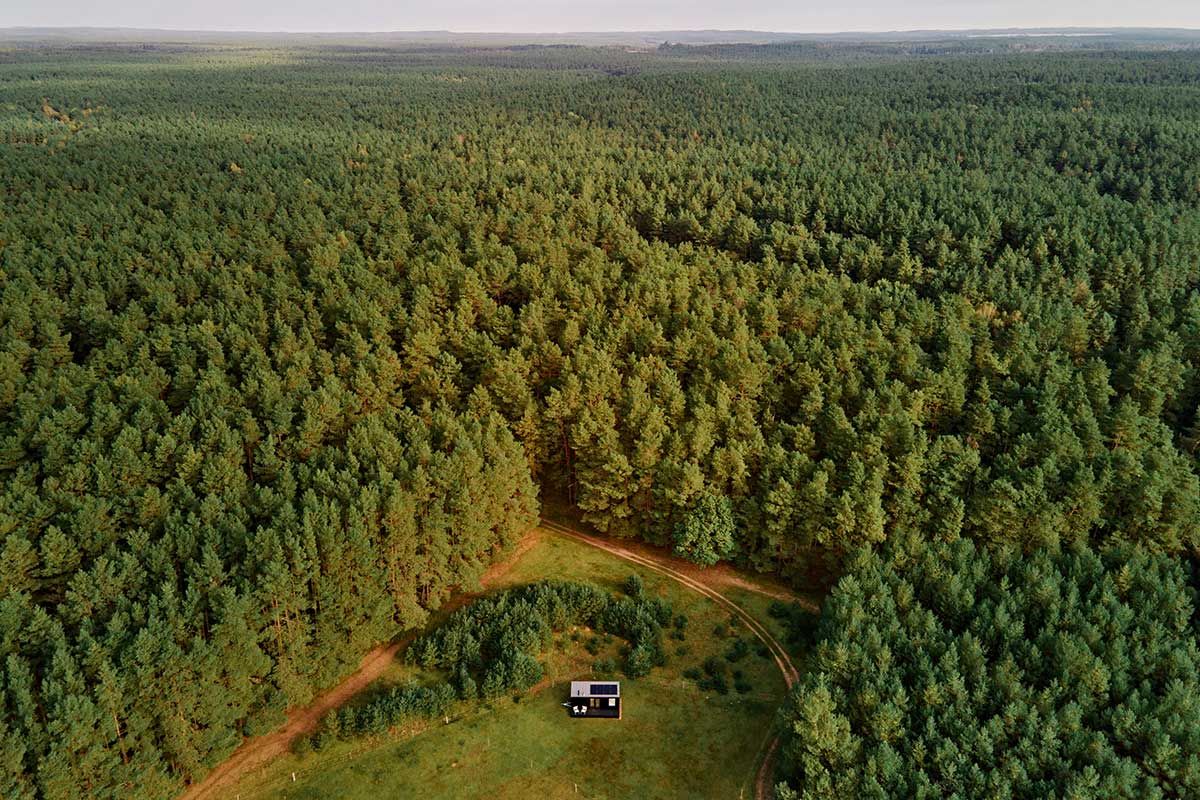
Out
Constantly on 180, with both feet on the gas pedal and our heads in the day after tomorrow: we need a break.
And this is what Christopher Eilers, Johann Ahlers and Julian Trautwein provide us with near Berlin with their cabins: cozy cabins that look more like a boutique hotel than a forest hut, somewhere in the middle of nowhere at most two hours away from Berlin, retreats for people whose pulse is constantly dancing salsa. Spontaneous and uncomplicated, you can book for at least two nights.
stay in Raus’ cabins, learn how to make your own fire and that you don’t actually need much to live – and to be happy. When building their cabins, the three friends focused on sustainability, relying on natural and recycled materials and equipping their accommodation with their own water tanks, composting toilets and solar panels. Wooden façade with panoramic windows, wood-burning stove and sun terrace, a comfortable bed and plenty of nature ensure that you can simply let yourself go here. And before city dwellers catch their breath:
Yes, WLAN is also available.
Raus, Berlin, Germany, from approx. 160 with a minimum stay of two nights, raus.life/en/
Julian Trautwein
He has already seen many spectacular accommodations, time to create his own: Together with his two school friends Christopher Eilers (center) and Johann Ahlers (right), Julian Trautwein is spinning the idea of a little time out. They should be cabins away from the city, surrounded by nature, chic, stylish, without frills and equipped only with what you really need to relax. At the end of 2021, they founded their startup Raus, working together with farmers, forest owners, fruit growers and winegrowers to produce their cabins according to their own ideas. Trautwein knows how the hare hops at start-ups, having previously worked as head of press at the travel start-up Tourlane and the German branch of Airbnb. This know-how, coupled with the experience of his friends from the real estate industry and asset management, ensures Raus a brilliant start.
